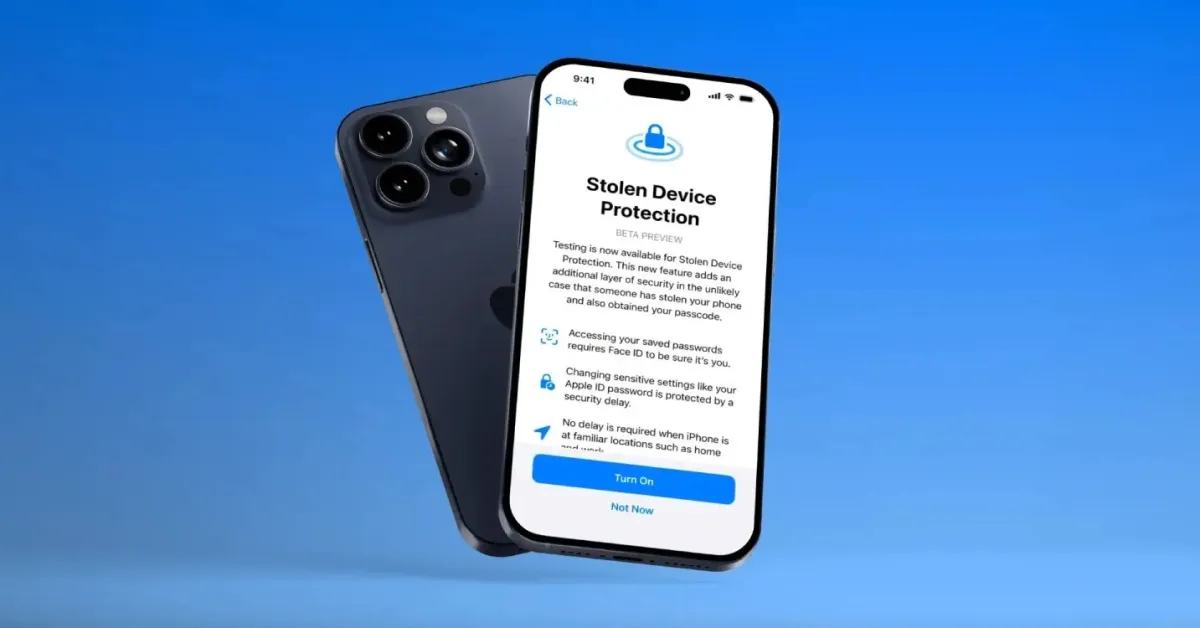
Embarking on the journey to quit drinking requires a thoughtful plan tailored to your unique lifestyle. The initial step involves a deep self-reflection to understand your relationship with alcohol. Keep a journal to track your consumption patterns and identify the reasons behind your drinking habits. Recognizing the factors that trigger your desire to drink will empower you to find alternative ways to cope. Establishing a clear goal for quitting provides a focal point for your journey. Whether it’s a desire for a healthier lifestyle or a personal challenge, having a purpose will fortify your commitment.
Understanding the physiological impact of alcohol on your body is crucial. Alcohol affects both your mental and physical well-being, contributing to issues such as impaired cognitive function, high blood pressure, and weakened immunity. Armed with this knowledge, you’ll be better equipped to appreciate the benefits of an alcohol-free life.
Building a robust support system is vital for success. Share your goals with friends and family who will offer encouragement and accountability. Consider joining online communities or local support groups like Alcoholics Anonymous, where like-minded individuals share experiences and provide motivation. Seeking professional help from a doctor or therapist can further enhance your chances of success.
Navigating social situations without alcohol requires careful planning. Communicate your decision to close friends and family, and have a strategy for events where you might face temptation. Having a nonalcoholic drink in hand helps you blend in, and confidently declining offers will reinforce your commitment.
Clearing your environment of alcohol and finding substitutes for your favorite drinks is a practical step. Creating mocktails at home or having alternative beverages readily available ensures you can satisfy cravings without compromising your commitment.
Anticipating potential withdrawal symptoms is essential. While these symptoms are typically short-lived, being aware of possible headaches, anxiety, or mood changes prepares you to handle them with resilience. If anything feels abnormal, consult your doctor.
Lastly, celebrate your victories along the way. Establish a reward system for achieving milestones, whether it’s a small indulgence or a grand gesture for significant accomplishments. Recognizing and appreciating your progress is key to staying motivated on your journey to a healthier, alcohol-free life.




